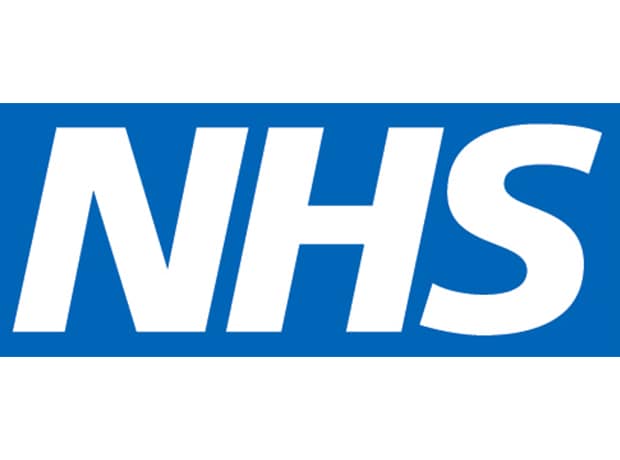New figures have shown an increase of an additional 5,000 permanent hospital beds in the NHS this winter.
The NHS committed to an additional 5,000 ‘core’ beds as part of its urgent and emergency care recovery plan.
The new data found that hospitals across the UK had an average of 99,750 core beds in place each day – an increase of 2,000 additional beds since the beginning of the year – to benefit from the expected COVID-19 and flu peak.
The new boost in beds means that the health service provider now has a total of 103,277 general and acute beds in place – more than 1,800 more than the same week in 2023.
However, figures have shown that seasonal pressures are still at all-time highs, with the number of people in hospitals with flu being the highest it has been all winter.
In the week ending 21 January, 95.7% of adult beds were occupied: 1,582 patients were in hospital with flu, an increase of 11% compared to the week before, 438 norovirus admissions every day in a single week and an average of 3,888 patients in hospital with COVID-19.
The NHS urgent and emergency care recovery plan was previously backed by £1bn to boost capacity in health systems and has since provided an additional 5,000 hospital beds, 800 new ambulances and 10,000 virtual wards.
Since its launch, the two-year recovery plan has rolled out new ways of working and has increased capacity, with most trusts utilising same-day emergency care centres and urgent community response teams, along with 200 acute respiratory infection hubs and 10,000 virtual ward beds.
NHS chief executive, Amanda Pritchard, commented: “By boosting capacity alongside other key steps in the recovery plan, we have seen improved waiting times for patients, which were better every month in 2023 than the year before.
“We know there is still further to go, which is why we will continue to expand these measures in the coming months.”










